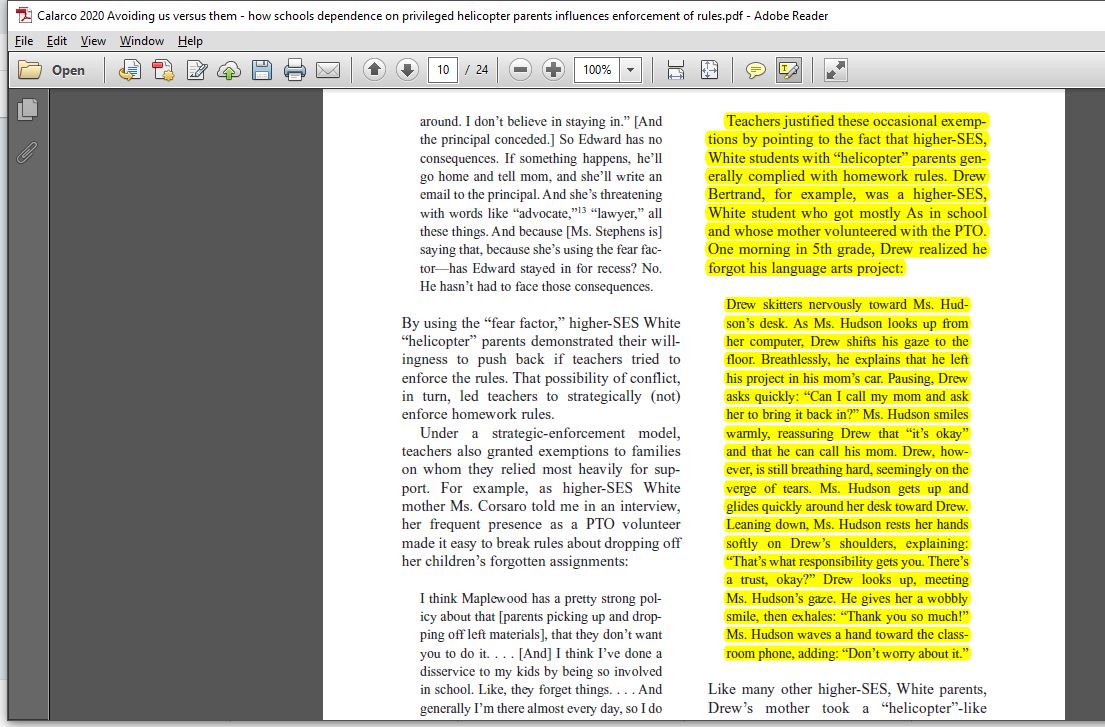The first one is on teaching ethnography during a pandemic. I warned AGAINST doing fieldwork or ethngoraphy right now raulpacheco.org/2020/03/fieldw…
HOWEVER...
On the contrary, I think we SHOULD continue teaching ethnography, with a proviso that fieldwork will be next to impossible to carry out (same w/field experiments)
A couple of weeks ago I taught a class on ethnography where I argued that there are at least 3 sources of sophistication in...
1) Entering the field (whether it's under challenging conditions or not, it's still hard)
2) Gaining trust within the community
3) Giving voice without supressing/mis-representing the community we are studying
An additional element of sophistication:
These four elements of sophistication in ethnographic fieldwork can still be taught even without going on to the field. McGranahan (2014) suggests we can teach how do develop an ethnographic sensibility...
and
sites.otago.ac.nz/Sites/article/… (McGranahan 2018)
I've written before about the importance of ethnographic sensibility raulpacheco.org/2016/09/on-hav…
I think this is another key component of teaching ethnography
1. Ethnography - what is it and what does not constitute ethnography?
2. Ethnographic sensibilities and how to develop them
3. Fieldwork (how to)
5. Doubly-engaged ethnography: ethics in fieldwork
6. Levels of ethnographic sophistication
7. Challenges and obstacles to engaging in ethnographic fieldwokr
8. Ethnography across disciplines.
9. Writing ethnography.
4.6 Designing ethnographic fieldwork projects
10. Future and present challenges in ethnographic theory and method
This Annual Review of Anthropology methods piece by the incomparable @BiellaColeman is spectacular. Since I'm still formulating my syllabus, I will need to include this in the "digital ethnography" section.
(yes, my first impression was also that DAFUQ is wrong with Walford, but I get what he's implying)



